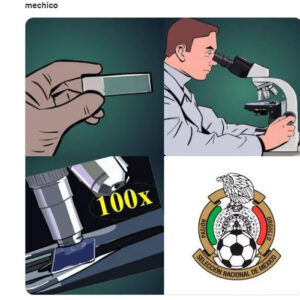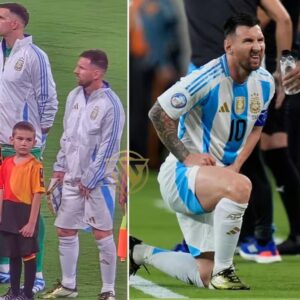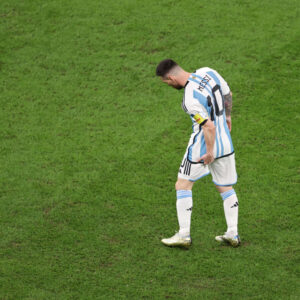At any point in the historical timeline of football, the concept of the king of sports with its round ball remains dominant due to its enduring appeal and the generational inheritance from players, despite the ever-evolving world driving awareness and development. This evolution marks each step of football’s journey into new eras, especially supported by technological advancements. For instance, advancements like VAR brought comfort to fans during World Cup 2022, where automatic offside calls enhanced moments on the field, even as team tactics and player skills continue to refine from organization to scoring goals.
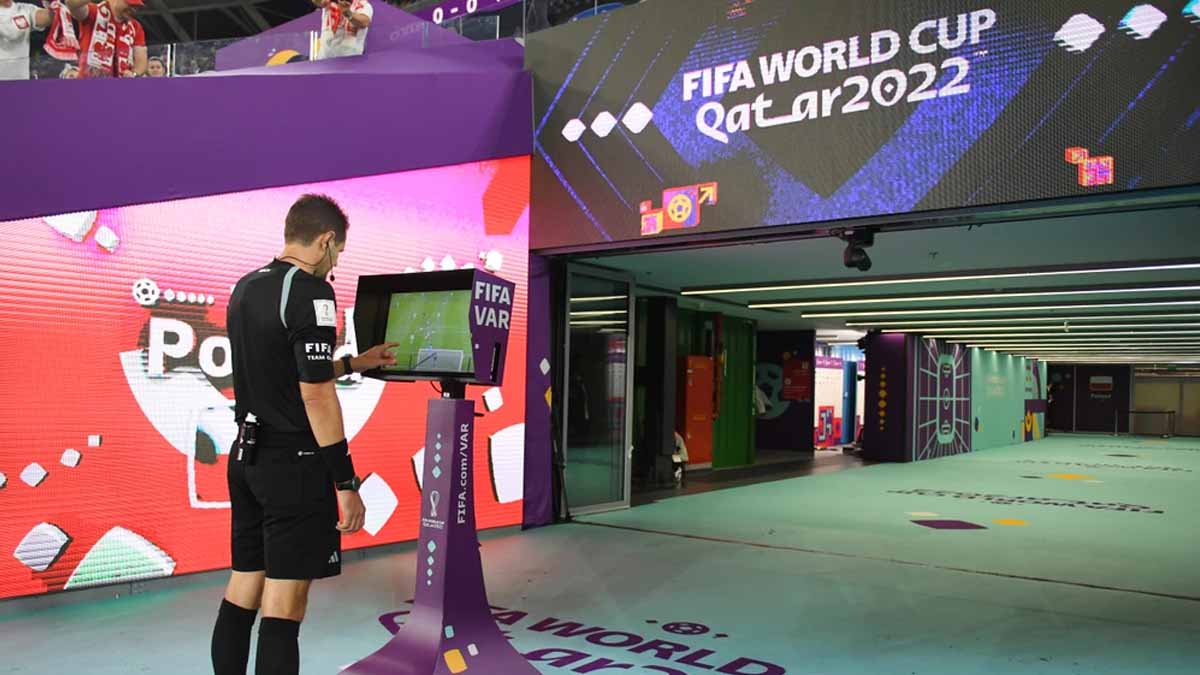
Yet, football seems stuck in a repetitive cycle amid increasing tournaments and field developments, causing occasional boredom. Long-held titles like “the next Neymar, Ronaldo, or Messi” fade into obscurity without clear reasons, a concern that Argentine coach Lionel Scaloni grappled with. He hoped for more than just reproducing Messi’s success in modern times but acknowledged the sport’s cyclical nature. Players, whether famous or average, focus solely on their roles, often missing innovative breakthroughs. The game often revolves around passing from goalkeepers through lines, adjusting tactics, organizing teams, and scoring, leading to common routines and occasional boredom despite global tournaments.
Coaching philosophies seem standardized, from grassroots to professional levels, stressing early ball handling and tactics. Scaloni lamented losing football’s essence, even among children in Argentina. He pointed out that any attempt to dribble was reprimanded, reinforcing the mechanical passing of the ball. Such structured training has hindered creativity and the spontaneity once seen in Messi. This observation echoes the belief that football’s beauty wanes with each generation, limiting freedom on the field and overshadowing individual brilliance. The rise of defensive strategies and controlled play restricts skillful players from standing out as before, replaced by those who adhere to speed and efficiency, epitomized by Vinicius Jr., Antony, or Mbappe. These players execute roles, missing the flair of past stars and following structured team plans, reducing expectations of extraordinary feats.
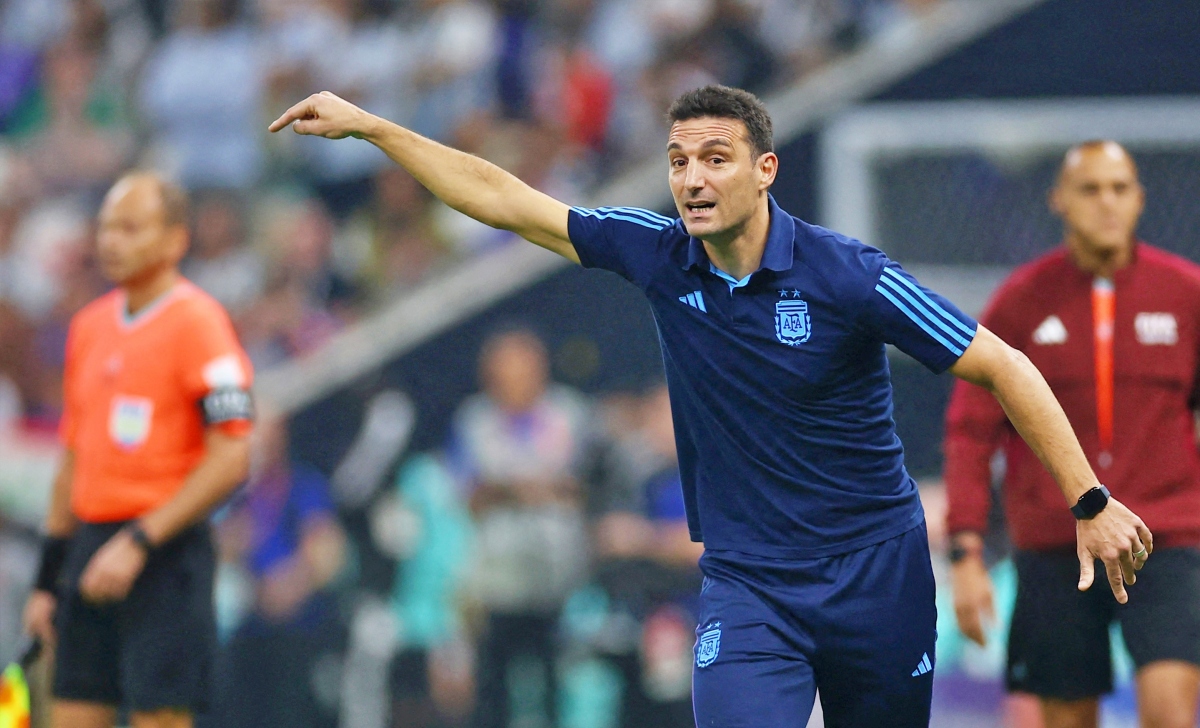
The sport’s evolving technical prowess dictates the future without second Messi’s due to scientifically driven training. Young talents idolize but lack the courage to lead as Messi once did, influencing entire teams. His career journey from winger to playmaker continues to inspire, underscoring the limits of football as a tactical tool managed for efficient goal-scoring. The next superstar appears set in this framework rather than pioneering, eroding the romantic charm once embodied by football legends like Messi. Thus, football’s essence is lost, leaving fans to witness a mechanized version devoid of limitless inspiration, perpetuating the sport’s industrialization as fame-seeking athletes, and managers prioritize gains over natural beauty and creativity.
News
Messi break-up! Furious woman raffles off her boyfriend’s Copa America tickets and gives away his SIGNED Argentina shirt – after claiming he cheated on her with her best friend
A scorned woman has raffled her boyfriend’s Copa America tickets after he allegedly cheated on her – and even gave away his prized shirt signed by Lionel Messi. Candela Fassino decided to hit her boyfriend where it hurts the most – his love…
Mexico lost against Venezuela in the Copa América and the fans erupted with memes: “bipolar and loser”
Orbelín Pineda missed a penalty, the fans exploded against the performance of the Mexican team, they also criticized Jimmy Lozano On the second day of the Copa América , the Mexican team lost 1-0 against its counterpart from Venezuela . Although Jaime Lozano ‘s team dominated much of the match,…
Canelo Álvarez explains why he apologized to Lionel Messi after controversy at the Qatar 2022 World Cup
A year and a half after the controversy with Lionel Messi after Mexico’s defeat against Argentina in the 2022 Qatar World Cup, the boxer clarified in an interview why he publicly recanted A year and a half after the controversy…
What do specialists say about the discomfort that Lionel Messi suffered and what studies should be carried out in the coming days
The Argentine star played the 90 minutes of the victory against Chile, but, on repeated occasions, he was seen holding the back of his leg, especially the hamstring. Expert analysis of Infobae and the possible scenarios that await the captain…
How is Messi after the discomfort that scared everyone in Argentina’s victory against Chile: when would he play again
The captain will undergo studies in the next few hours, but there is optimism in the delegation regarding his recovery in the face of what is to come. The victory of the Argentine team against Chile meant their tenth match without losing in the Copa…
Argentina pending Messi who could miss first Copa América match since 2016
Miami (Florida), June 26 (EFE).- The Argentine team is pending the physical evolution of Leo Messi, who ended up last night with discomfort in his right adductor during the match against Chile and could miss the first Copa América match…
End of content
No more pages to load

